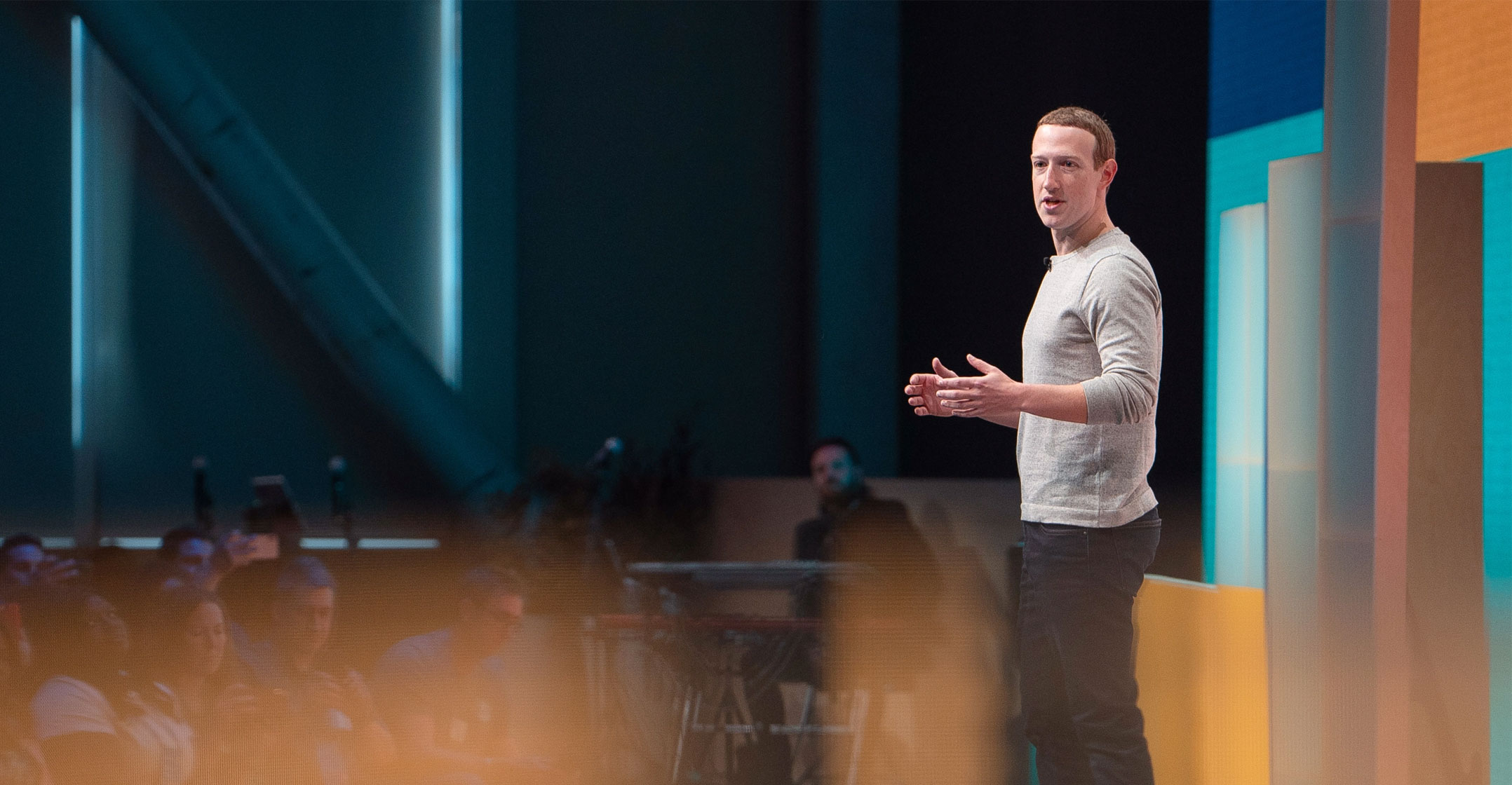
Facebook CEO Mark Zuckerberg has walked back on comments that appeared to defend Holocaust deniers, after trying to explain how careful the social-media giant tries to be before kicking people off the social network. He ended up using as an example a group that garners little sympathy.
In an interview with Recode’s Kara Swisher, Zuckerberg was illustrating the difference between those who spread false information with an intent to harass people, and those who simply spread the misinformation. The first type gets banned, and the second doesn’t. So he tried to relate.
“I’m Jewish, and there’s a set of people who deny that the Holocaust happened,” he told Swisher. “I find that deeply offensive. But at the end of the day, I don’t believe that our platform should take that down because I think there are things that different people get wrong. I don’t think that they’re intentionally getting it wrong.”
Facebook has long had a policy of letting people deny the Holocaust, except in countries where such content is illegal, such as Germany. But Zuckerberg’s comments came amid increased scrutiny of the company’s content moderation practices. He ended up walking back on his remarks, following a backlash online and admonitions by interest groups. “I personally find Holocaust denial deeply offensive, and I absolutely didn’t intend to defend the intent of people who deny that,” he wrote in a later note to Swisher. Facebook’s policy to keep up such content remains.
The US house of representatives held a hearing on Tuesday that questioned whether they should be held liable for content posted by users, and whether there’s any chance the choices are biased. Facebook received questions about why InfoWars, the site that spreads conspiracy theories, is allowed to remain up, even though it makes claims including the denial that the shooting of 20 children at Sandy Hook Elementary School in 2012 ever happened.
“Holocaust denial is a wilful, deliberate and longstanding deception tactic by anti-Semites that is incontrovertibly hateful, hurtful and threatening to Jews,” said Jonathan Greenblatt, national director of the Anti-Defamation League. “Facebook has a moral and ethical obligation not to allow its dissemination.”
Facebook is also taking steps to remove misinformation that could lead to people being physically harmed, following attacks on people in India, Sri Lanka and Myanmar fueled by false rumours spread on Facebook, messaging and other social media.
“Reducing the distribution of misinformation — rather than removing it outright — strikes the right balance between free expression and a safe and authentic community,” a Facebook spokesman said in an e-mailed statement. “There are certain forms of misinformation that have contributed to physical harm, and we are making a policy change which will enable us to take that type of content down.” — Reported by Sarah Frier, (c) 2018 Bloomberg LP

